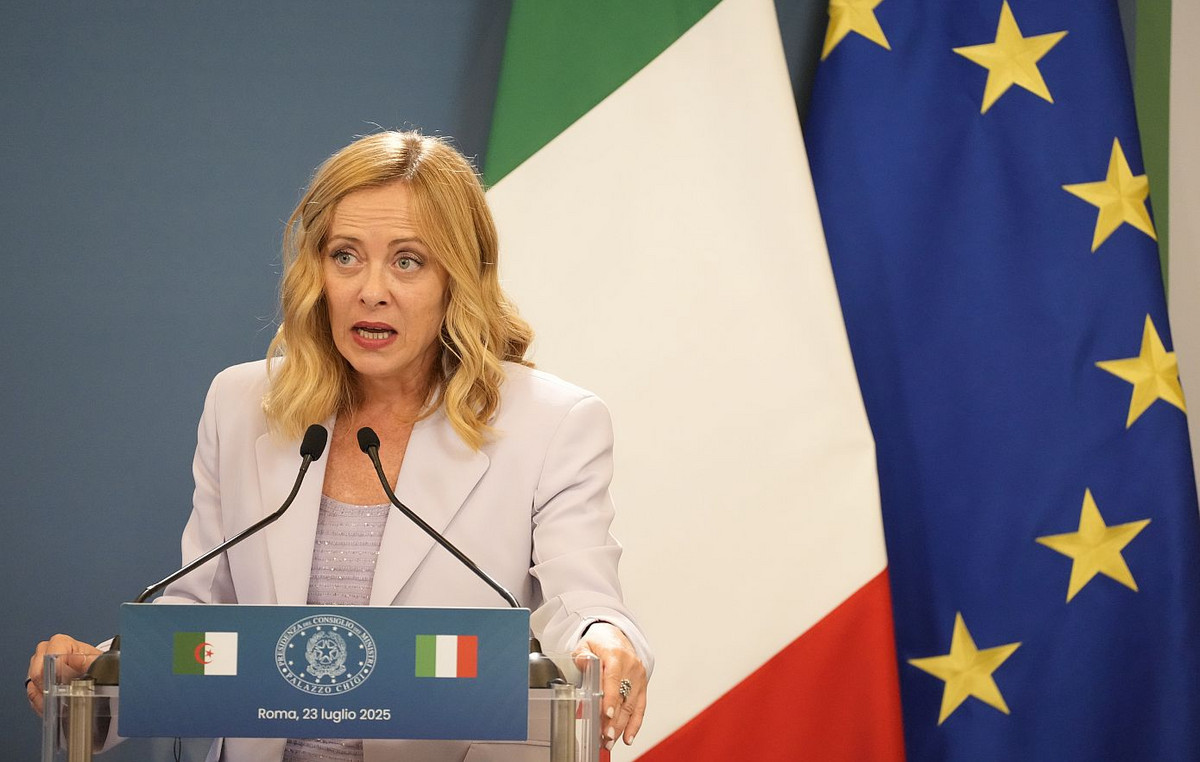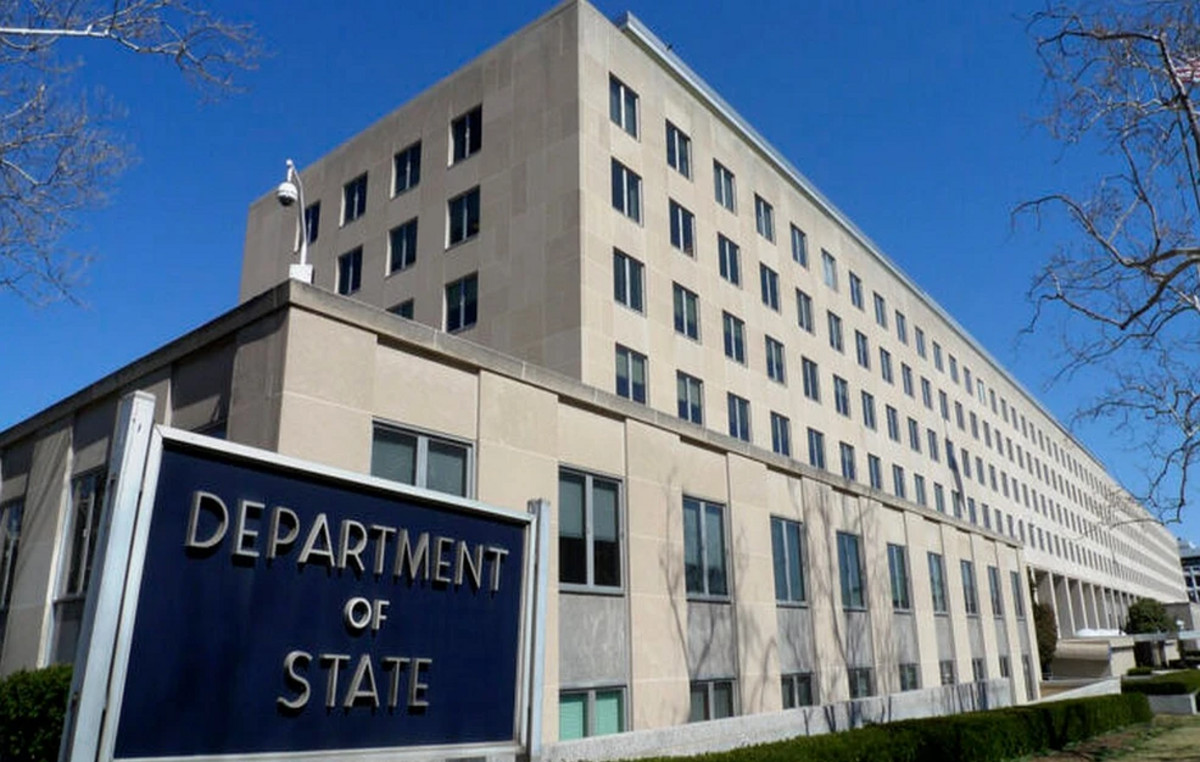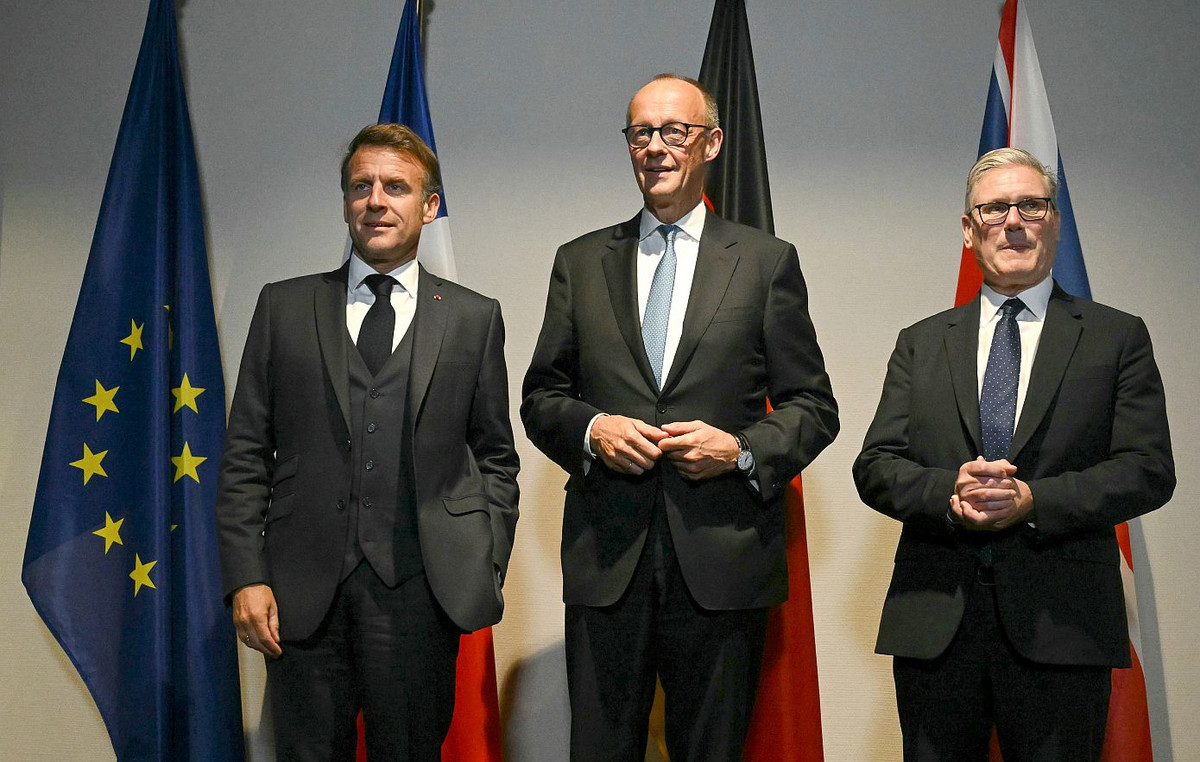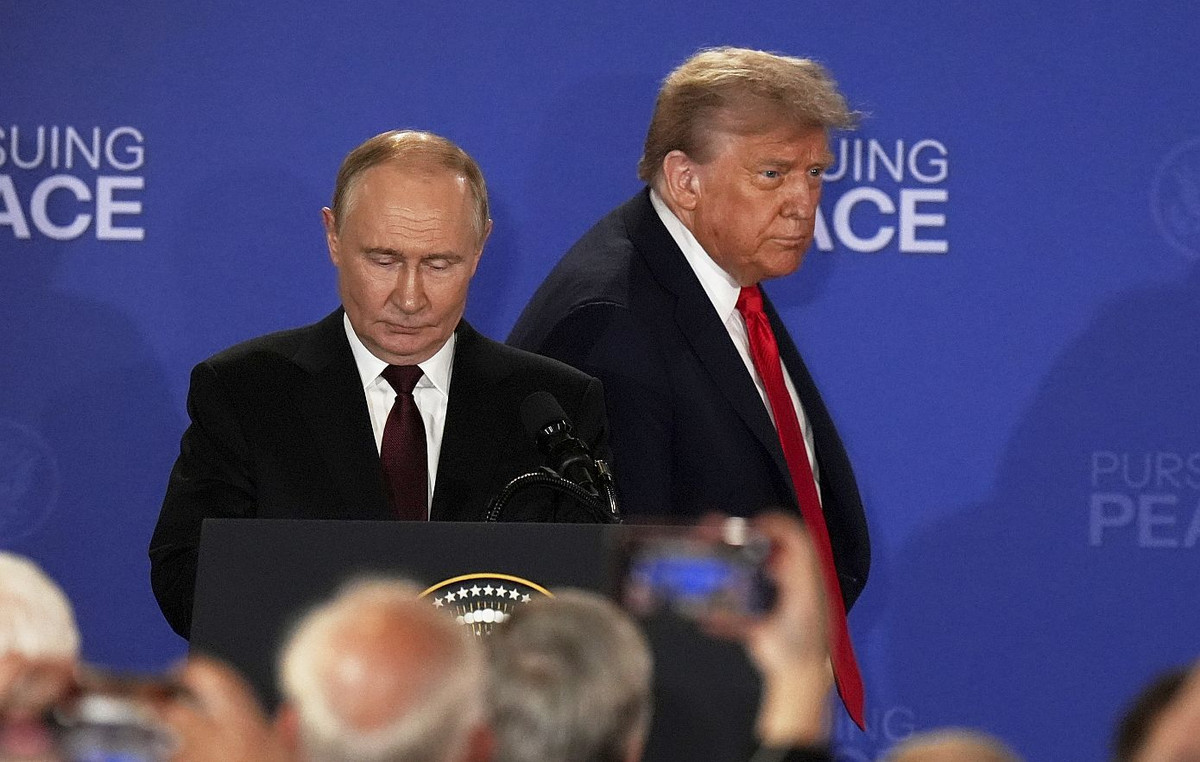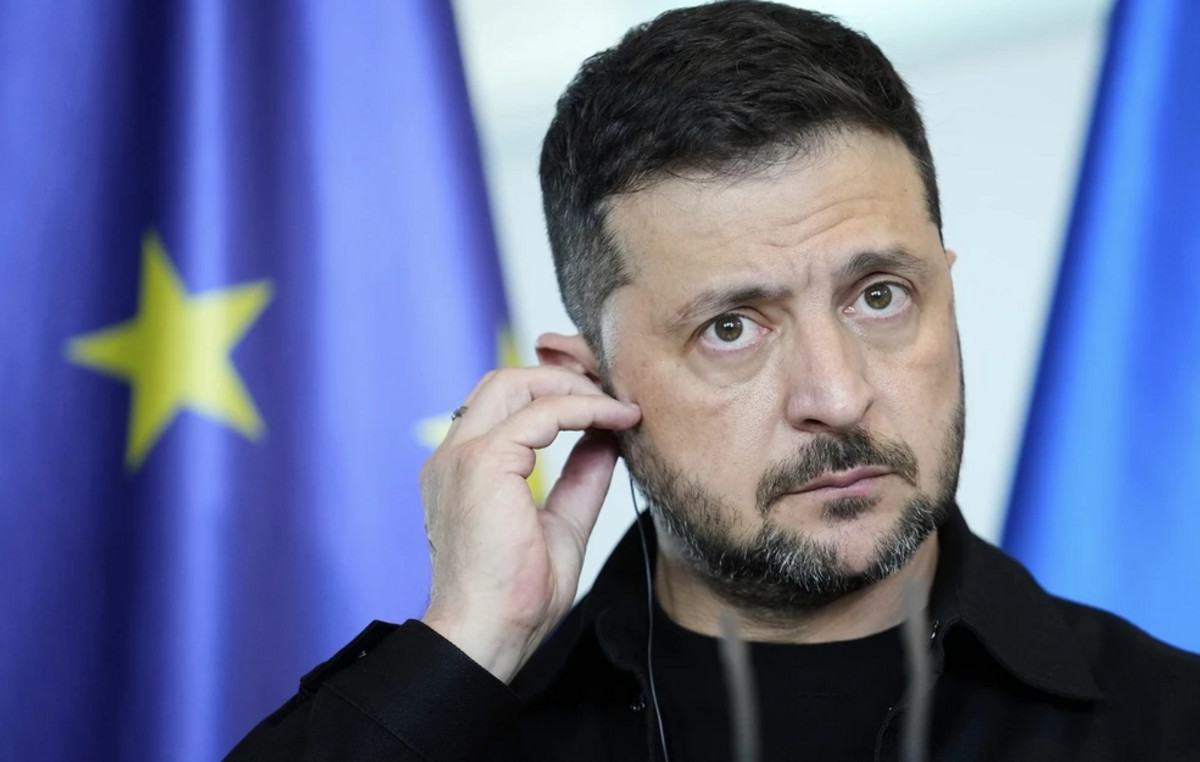This Friday (4) is celebrated the World Cancer Day. The disease is among the deadliest in the world, alongside heart disease, diabetes and stroke.
The monitoring of the disease in the world is carried out by the WHO’s International Agency for Research on Cancer (IARC), which presents statistics based on indicators from various health platforms.
According to data from the observatory, in 2020, 592,000 new cases of cancer were recorded in Brazil, including non-melanoma skin cancer. The most common type of cancer in 2020 in Brazil was prostate cancer (97,000 new cases), followed by breast cancer (88,000 new cases), colon and rectal cancer (55,000 new cases), lung cancer (40,000 new cases) and thyroid cancer (31 thousand new cases).
In terms of mortality, 257 thousand people were victims of cancer (excluding non-melanoma skin cancer) in Brazil in 2020. Lung cancer was the type that killed the most people in the country in 2020 (35 thousand deaths), followed by cancers colon and rectum (26,000 deaths), breast (21,000 deaths), prostate (18,000 deaths) and stomach (16,000 deaths).
Inequality in access to health services, the Covid-19 pandemic and the lack of information directly impact the delay in diagnosis and initiation of treatment. Identifying the disease at an early stage is essential to reduce the risk of complications and increase the chances of cure.
“All these dates serve to remind patients and healthy people of the importance of this disease. It is often an opportunity to bring the discussion to society about what is needed to improve the care of cancer patients – and without a doubt, prevention is the best way to fight cancer”, highlights Rafael Aron Schmerling, medical leader of the service of oncology at Hospital do Coração (HCor).
According to the Union for International Cancer Control (UICC), 70% of cancer deaths occur in low- and middle-income countries. Social status, educational level and cultural, ethnic, gender and age factors are among the aspects that can influence the cancer prevention awarenessperiodic examinations, as well as the difficulty in obtaining diagnosis and treatment.
“Equity is about the efficient distribution of health resources considering the needs of the individual. This objective will be achieved when everyone has the opportunity to reach their full health potential without barriers or limitations created by the socioeconomic situation or other circumstances”, said Ana Cristina Pinho, director general of the National Cancer Institute (Inca) and member of the board of directors of the UICC.
Impacts of the Covid-19 pandemic
The director of the International Agency for Research on Cancer of the World Health Organization (WHO), Elisabete Weiderpass, says that the Covid-19 pandemic has had a major impact on the diagnosis, screening and initiation of treatment of patients affected by cancer.
“We are only now beginning to understand the magnitude these delays will have on patient survival. In general, the earlier you diagnose cancer and the earlier you treat it, the better the prognosis,” she said.
According to Weiderpass, the effects of the pandemic on the long-term burden of disease still remain uncertain. “Whether you delay diagnosis or start treatment by several weeks or several months, it certainly has an impact on survival. At the World Health Organization, we are monitoring this impact and will release this information as it becomes available,” she said.
Unequal access to health services
The timely diagnosis and treatment of cancer are still challenges in the face of inequalities in access to health services in the country.
A study by the Oswaldo Cruz Foundation (Fiocruz) revealed that more than half of Brazilians (between 49% and 60%) who undergo cancer treatment through the Unified Health System (SUS) need to leave the municipality where they live to receive specialized care.
The research, published in the scientific journal The Lancet Regional Health Americas, compared different time periods and points out that this difficulty in accessing treatment remains in the last ten years.
Coordinated by researcher Bruna Fonseca, from Fiocruz’s Center for Technological Development in Health, the study used data from SUS information systems to map patient displacement networks and geographic accessibility to cancer treatment across the country.
Regional disparities were identified after analyzing 12,751,728 treatment procedures − surgical, radiotherapy and chemotherapy − over two periods: 2009 to 2010 and 2017 to 2018.
Patients in the North and Midwest have more difficult access to specialized oncology services. The study showed that, depending on the type of treatment, most of these patients had to travel an average of 296 to 870 kilometers to undergo therapy.
According to Bruna, all patients living in the states of Roraima and Amapá had to travel to receive radiotherapy, most traveled more than 2,000 kilometers on average. Patients residing in the South and Southeast regions traveled an average of 90 to 134 kilometers to receive treatment.
Most of the centers of attraction for cancer care were identified in the Southeast and Northeast regions, with Barretos (SP) being the main one for all types of treatment over time. According to the study, 95% of patients undergoing surgery, radiotherapy or chemotherapy in the city are from other cities.
Although there is a regulatory system to organize the cancer treatment in the country, other aspects may be involved in the displacement of patients, including the perception of treatment sites.
“There is a popular perception of what is a benchmark in cancer treatment, which makes patients move, regardless of distances and what is planned in health policies,” Bruna said in a statement.
Experts advocate investing in comprehensive health care for the diagnosis of cancer to be carried out at an early stage.
“SUS patients have difficulty making a diagnosis. When there is a suspicion, the exams take a long time, the biopsy takes a long time, it is not possible to perform surgery at the right time. When it comes to treatment with chemotherapy or other medications, they have access to few. So, there is a lot of assistance, especially in the Unified Health System”, says Schmerling.
early diagnosis
THE cancer diagnosis in an early stage is essential to reduce the risk of mortality from the disease. Metastasis, which is the spread of cancer to other parts of the body, is one of the main complications related to diseases.
The physician Rafael Aron Schmerling emphasizes that the cancer prevention should be part of the health care routine from the beginning of life.
“People very easily adopt the culture of aesthetics, the culture of sport, but the culture of cancer prevention is something that is perhaps lacking and that needs to start from childhood. Another serious issue that we have in Brazil and in several Latin American countries is the lack of accurate statistics,” he said.
cancer prevention
Adopting healthy lifestyle habits can contribute to reduce cancer risks by up to 40%. In this Friday’s edition (4) of the Medical Correspondent, of Novo Dia, neurosurgeon Fernando Gomes highlighted a series of strategies that contribute to the prevention of the disease.
Among them are avoiding cigarette and alcohol consumption, practicing physical activities, maintaining a healthy and balanced diet, in addition to regulating body weight to an adequate level.
“By paying attention to this small prescription that brings important information to align the functioning of the physical body, you can prevent at least 40% the emergence of some cancer”, said Gomes.
The doctor Rafael Aron Schmerling also reinforces that prevention is the most effective measure against cancer. “Once the disease is prevented, we can improve the fight. Early diagnosis, proper surgery, and proper radiation therapy are the strategies that are most successful in curing patients,” he said.
In addition to recommending adherence to healthy lifestyle habits, the director of the WHO, Elisabete Weiderpass, emphasizes the importance of preventive examinations against cancer. “If we did early screening, for example for cervical, breast and colorectal cancer, we could save the vast majority of the lives that are now lost to cancer,” she said.
For her, investments in disease prevention are still insufficient in Brazil and in the world as a whole. “Investments are never enough, no country in the world, not even the richest countries in the world can afford to use the entire arsenal of treatment that we are scientifically discovering in everyday life. So the best investment is really in prevention.”
With regard to treatment, experts point out that surgery to remove tissue affected by cancer is among the main measures against the disease. In addition, science has made important advances in improving existing treatments, including radiation therapy, proton therapy, immunotherapy, targeted therapy drugs, monoclonal antibodies, gene therapy and the use of artificial intelligence.
Source: CNN Brasil


